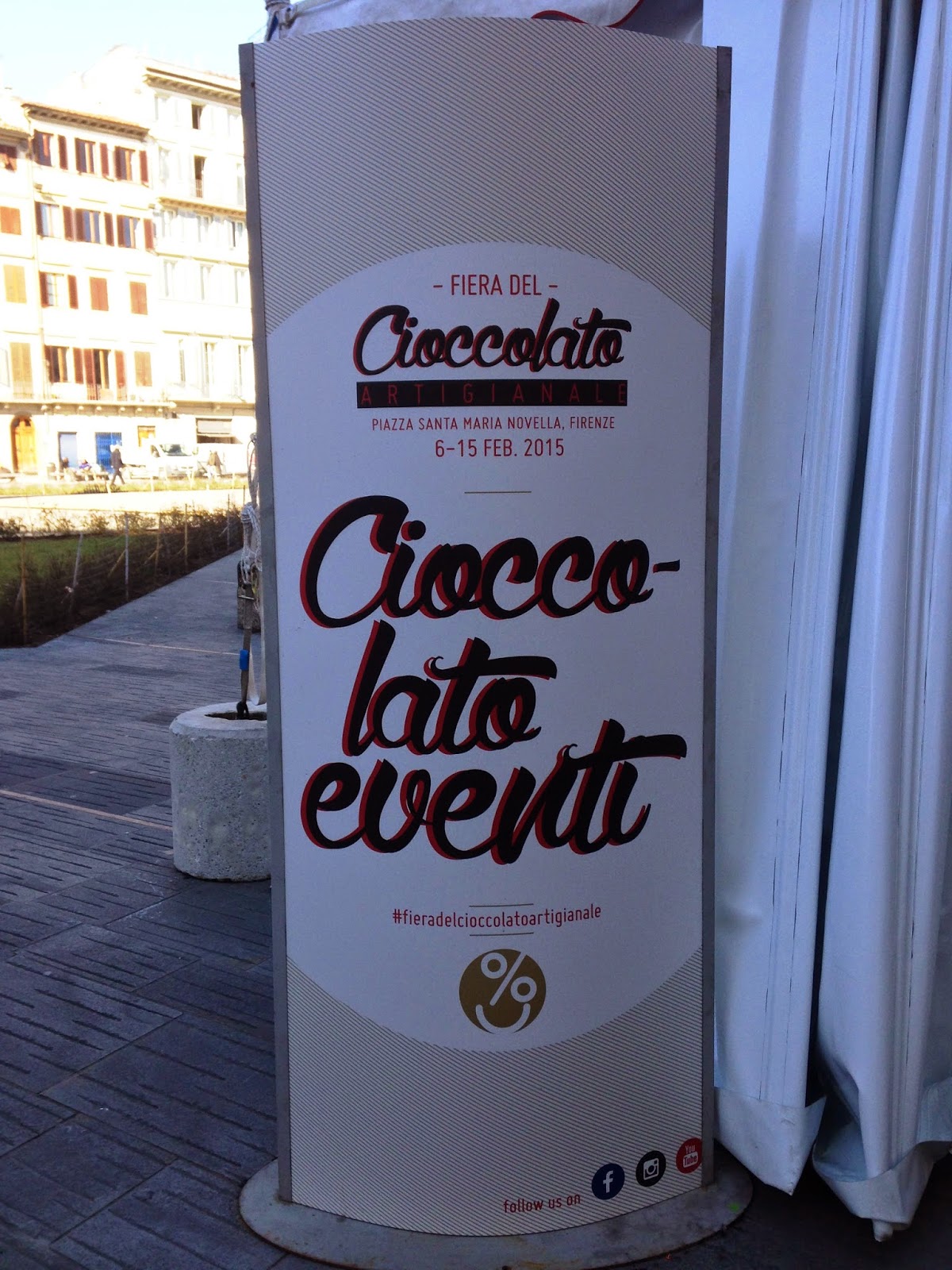by Olga Lenczewska
I study Italian and Philosophy at the University of Oxford in the UK, but this year I’ve been spending some time away from the Anglophone world and dreaming spires of Oxford, as a visiting student in Italy at Università degli Studi di Pavia.
It isn’t all that different. Pavia, unlike the majority of Italian universities, has colleges, each of which, just like at Oxford, comprises student accommodation, common rooms, a few lecture halls, a dining hall, and a library. At Oxford or Cambrdge, however, a college is a must, and all of them are academically equal. At Pavia belonging to a college is optional. Even if you do, only four out of eighteen are considered “di merito”, prestigious, because you have to maintain excellent academic results each semester in order to stay in. The two oldest colleges, Borromeo and Ghislieri, in their beauty and traditions resemble the Oxonian colleges.
The higher education system at the two universities is quite different. Pavia doesn’t replicate the famous Oxbridge system, where, apart from lectures and seminars or labs, students have to produce as many as two essays a week and discuss them in one-to-one meetings with a professor. In Pavia, like in the rest Italy, there are no essays or tutorials. Instead, however, the number of lectures per subject per week is much higher than in England. What’s more, Italian students can’t choose what classes they take, whereas in England there’s a lot of flexibility in this respect. We basically study only what we are really interested in, but this means that we can decide to specialise in a certain area very quickly or not to specialise at all.
Moreover, Oxford allows you to study two courses at the same time and, funnily enough, every student has the same amount of work, regardless of whether he/she is doing one or two courses. This means that if you study only one course, you can take more subjects in it. In Italy, on the contrary, it’s impossible to be enrolled in two departments at the same time.
The most dreaded thing amongst students, exams, are organised differently, too. At Pavia, you need to take exams each semester, but their length and form depends on individual professors. At Oxford, we have exams once a year (or ever rarer, depending on the course), but the are all crammed into one or two weeks and organised in a standardised way: for each subject we take a three-hours’ long, essay-based paper. Producing a bachelor thesis isn’t compulsory in England like it is in Italy and, for those who decide to write it, it usually substitutes one of their final exams.
Finally, I find the student life at Oxford much more diversified than in Pavia. Anything you’ve ever dreamed of doing surely exists in Oxford: from crazy Doctor Who societies, salsa classes or Quidditch teams, to more serious political, religious or cultural clubs. But, to even out, Italian students are generally more open and eager to spontaneously make friends on a night out, endlessly walking around the city centre “in giro”. All these differences taken aside, one thing is sure: you’ll never appreciate what your university gives you if you don’t get a chance to study at a different one on your year abroad!








